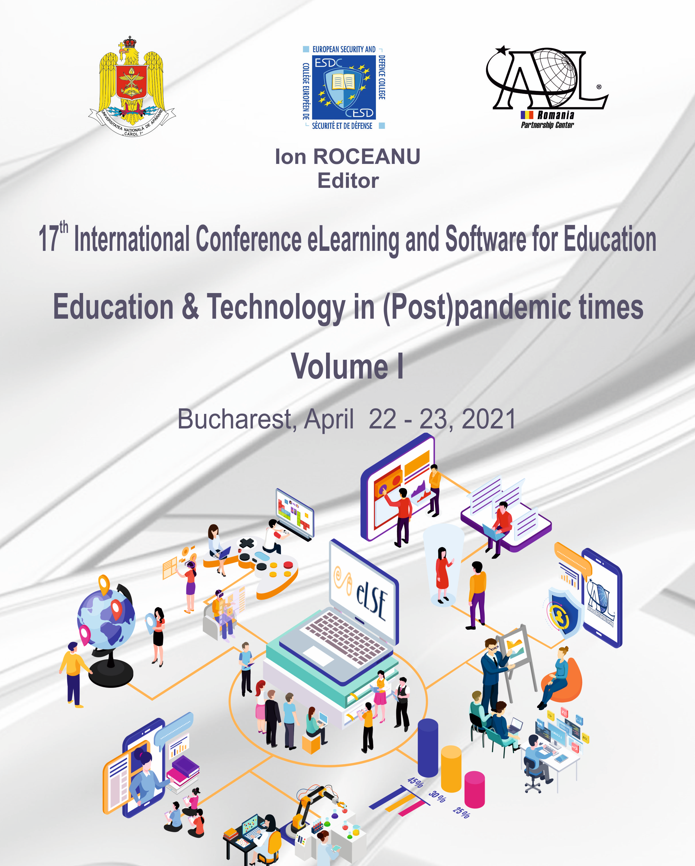PRIMARY SCHOOL TEACHER CANDIDATES’ ATTITUDES TOWARDS DIGITAL TECHNOLOGY
PRIMARY SCHOOL TEACHER CANDIDATES’ ATTITUDES TOWARDS DIGITAL TECHNOLOGY
Author(s): Yücehan Yücesoy, Başak Bağlama, Yasemin Sorakın, Meryem Baştaş, Menil ÇelebiSubject(s): School education, Sociology of Education, Distance learning / e-learning
Published by: Carol I National Defence University Publishing House
Keywords: Technology; digital technologies; education; primary school teacher candidates;
Summary/Abstract: The developments in the field of technology in the 21st century caused changes in the field of education, as in many fields. Technology undoubtedly facilitates human life when used properly. There are many benefits to using technology in education. Lectures can be strengthened with technological equipment. On the other hand, using technology in education makes lessons more attractive for students. At the same time, supporting narration with technological tools facilitates learning and increases retention. For this reason, the use and importance of technology in education has increased today and teachers’ attitudes towards technology use are important. When evaluated from this point of view, it is thought that the research subject will contribute to the literature. This study aimed to determine primary school teacher candidates’ attitudes towards digital technology. In this study, the primary teacher candidates studying at a private university in the Turkish Republic of Northern Cyprus (TRNC) were examined on the technology attitudes of teachers in education. The study was conducted with the participation of 121 teacher candidates during 2019-2020 academic year. Attitude Scale towards the Use of Technology in Education was used to determine the attitudes of prospective teachers towards digital technology. Results are presented with descriptive statistics, tables, frequencies and percentages and discussed with relevant references from the literature and suggestions for future research and practices are provided.
Journal: Conference proceedings of »eLearning and Software for Education« (eLSE)
- Issue Year: 17/2021
- Issue No: 01
- Page Range: 510-518
- Page Count: 9
- Language: English

